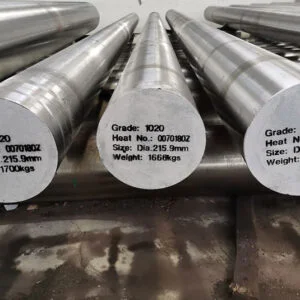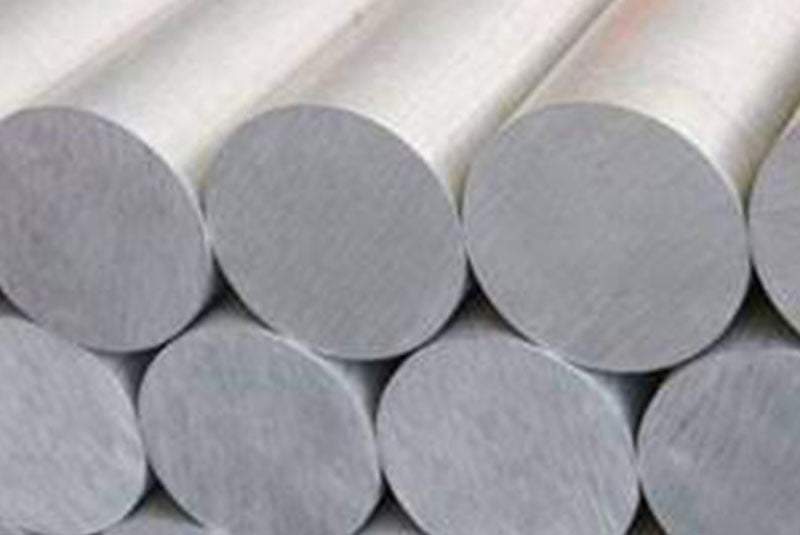Introduction
The density of carbon steel plays a crucial role in various engineering applications, affecting both manufacturing processes and design principles. Understanding this property is essential for engineers, designers, and manufacturers who work with carbon steel. In this comprehensive guide, we will explore the density of carbon steel, its measurement, and the implications it has for manufacturing and design.
Understanding the Density of Carbon Steel

What is Density?
Density is defined as the mass per unit volume of a material. It is a fundamental property that influences how materials behave under different conditions. The density of carbon steel, like other metals, is typically expressed in kilograms per cubic meter (kg/m³) or grams per cubic centimeter (g/cm³).
Why is Density Important?
The density of a material affects various aspects of its performance, including:
- Strength and Durability: Higher density materials generally offer better strength and durability.
- Weight and Mass: The density directly impacts the weight of the components made from the material.
- Thermal and Electrical Conductivity: Density can influence the thermal and electrical properties of the material.
- Cost: Denser materials might be more expensive due to the higher quantity of raw material required.
Measurement of Density in Carbon Steel
How is Density Measured?
The density of carbon steel can be measured using several methods, including:
Displacement Method: Involves submerging the steel in water and measuring the displaced volume.
Hydrostatic Weighing: Uses the buoyancy principle to determine density.
Mathematical Calculation: Based on the known mass and volume of the sample.
Standard Density Values
The density of carbon steel varies depending on its composition and grade. The typical density of carbon steel ranges from 7.85 to 7.87 g/cm³ (7850 to 7870 kg/m³).
Table: Density of Different Grades of Carbon Steel
| Grade of Carbon Steel | Density (g/cm³) | Density (kg/m³) |
|---|---|---|
| AISI 1010 | 7.87 | 7870 |
| AISI 1020 | 7.87 | 7870 |
| AISI 1040 | 7.85 | 7850 |
| AISI 1080 | 7.85 | 7850 |
Implications of Density in Manufacturing
Material Selection
Choosing the right grade of carbon steel for manufacturing applications depends significantly on its density. For instance, higher density grades are preferred for parts that require superior strength and durability, such as automotive components and heavy machinery parts.
Fabrication Processes
The density of carbon steel affects various fabrication processes:
- Casting and Molding: Higher density steels require more robust molds and higher energy for melting and casting.
- Welding: Dense materials may require higher heat inputs and more stringent control during welding.
- Machining: Denser carbon steel grades can be more challenging to machine and may lead to increased tool wear.
Cost Considerations
The cost of raw materials is directly influenced by the density of the carbon steel used. Denser materials typically cost more due to the greater amount of material required per unit volume. This can impact the overall cost of production and the pricing of the final product.
Design Implications of Carbon Steel Density

Structural Integrity
The density of carbon steel impacts the structural integrity of the components made from it. Engineers must consider the weight and strength of the material when designing structures to ensure they can withstand the intended loads without failure.
Weight Management
In industries such as automotive and aerospace, managing the weight of components is crucial. The density of carbon steel plays a key role in these applications, as designers strive to minimize weight without compromising on strength and durability.
Thermal and Electrical Properties
The thermal and electrical conductivity of carbon steel is influenced by its density. This is particularly important in applications where heat dissipation or electrical conductivity is critical, such as in electrical enclosures or heat exchangers.
Aesthetic and Functional Design
The appearance and functionality of carbon steel products can also be affected by its density. For instance, denser steel grades might be preferred for products that require a polished finish or those that need to withstand high impact and wear.
Conclusion
The density of carbon steel is a fundamental property that significantly impacts both manufacturing processes and design principles. By understanding the implications of density, engineers and manufacturers can make informed decisions about material selection, fabrication processes, and design considerations. Whether for structural applications, weight management, or cost optimization, the density of carbon steel plays a pivotal role in ensuring the success of various projects.
FAQ
What is the standard density of carbon steel?
The standard density of carbon steel typically ranges from 7.85 to 7.87 g/cm³ (7850 to 7870 kg/m³), depending on the grade and composition.
How does the density of carbon steel affect manufacturing processes?
The density of carbon steel affects several manufacturing processes, including casting, welding, and machining. Higher density steels require more robust equipment and higher energy inputs, which can impact the overall production cost and efficiency.
Why is density important in the design of carbon steel components?
Density is crucial in design because it influences the weight, strength, and thermal properties of the components. Designers must consider the density to ensure structural integrity, manage weight, and achieve the desired functional properties of the final product.
How can I measure the density of carbon steel?
The density of carbon steel can be measured using methods such as the displacement method, hydrostatic weighing, or mathematical calculations based on known mass and volume.
Are there variations in the density of different grades of carbon steel?
Yes, the density of carbon steel can vary slightly depending on the grade and composition. Different grades have specific density values that influence their suitability for various applications.
